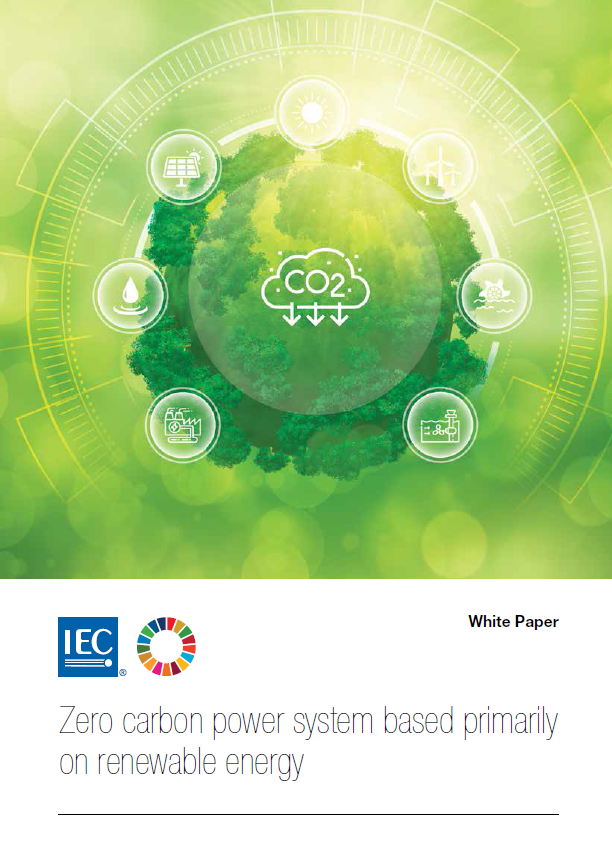
Over 130 countries around the world have committed to a goal of net zero carbon emissions. This challenge has profound implications for the electrical power system of a nation which will need to eliminate its carbon emissions as well as add carbon-free capacity to meet new electrical demands. It will entail immense effort from a broad range of stakeholders involved in the areas of policy and law, regulation, standardization, and technology.
To ensure that energy systems, platforms, devices and markets can transition and work effectively in a zero-carbon power system, standards have a critical role to play. They will need to ensure interoperability, maintain a minimum level of performance and safety, and help guide the transition towards new technologies and operating regimes. While a range of standards exist today that are relevant to the zero-carbon vision, a zero-carbon power system will require a broad range of new standards to ensure reliable, efficient and resilient system operation.
Given the breadth of change and technical challenges to achieve a zero-carbon future, standards have a key role to play in the evolution of the power system, and in facilitating the transition. The IEC has published a white paper, Zero carbon power system based primarily on renewable energy, which considers the challenge of decarbonizing the power system, the resulting required transition ahead, and what this may mean for the IEC, its members and its standards.
This white paper has been prepared by a project team representing a variety of organizations, working under the IEC Market Strategy Board. The project team included representatives from electrical power network businesses, standards organizations, and equipment vendors from around the world. Dr Jianbin Fan, from the State Grid Corporation of China and an IEC Market Strategy Board member, served as the project sponsor.


